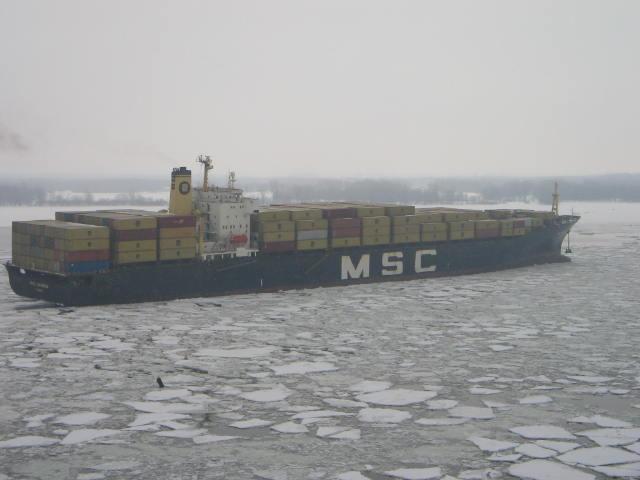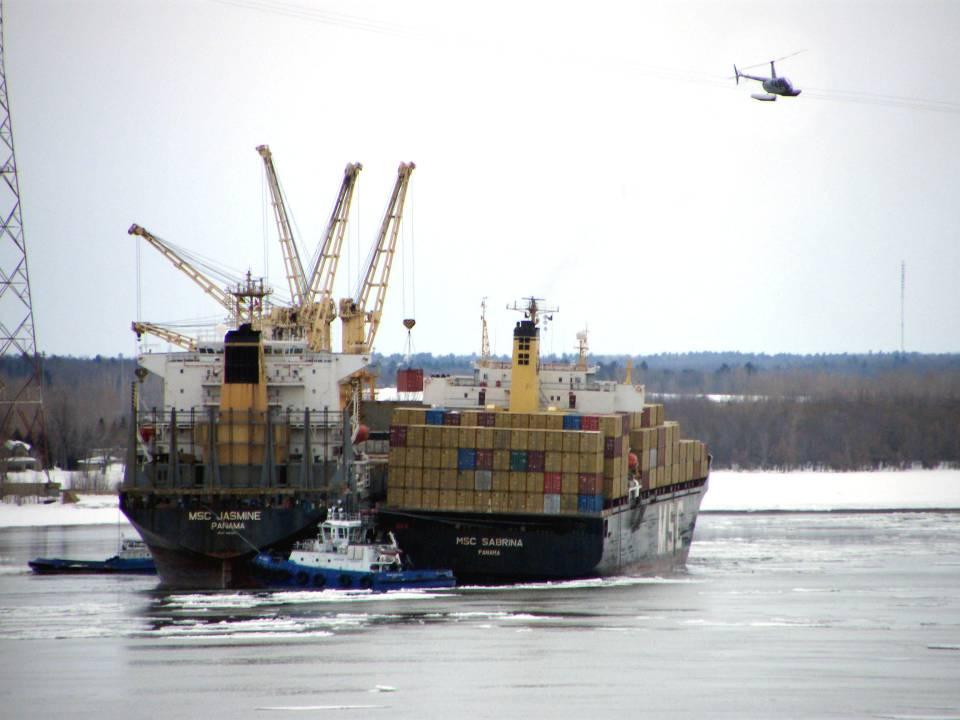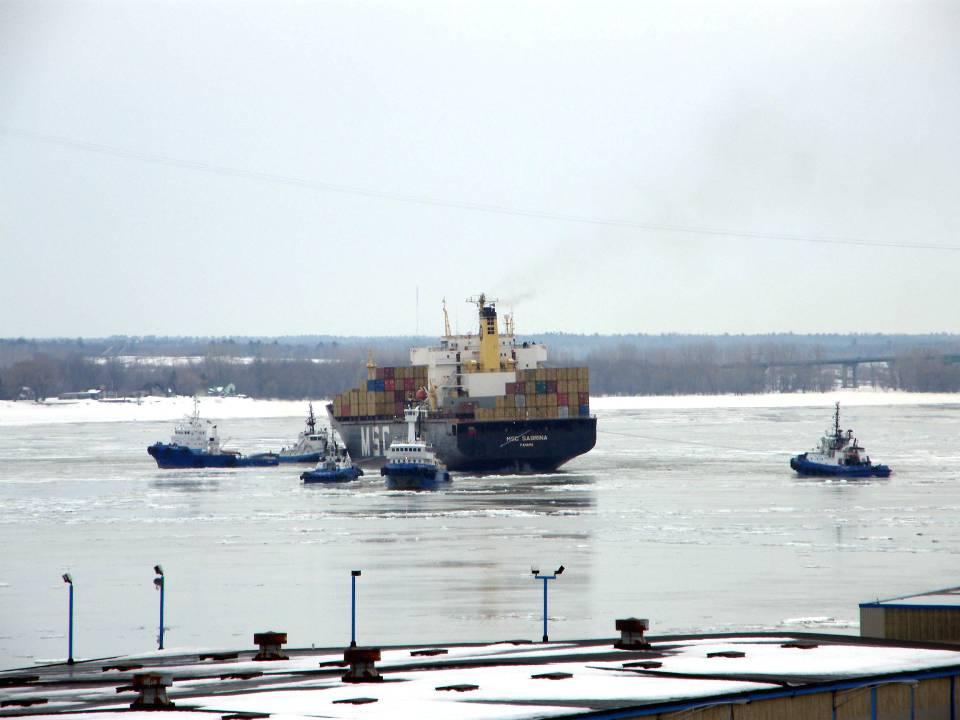It is well known that ICC-C is on ‘named perils’ & ‘named exclusions’ basis. Of the defined perils, other than fire, explosion & overturning/derailment of land conveyance, the rest can be termed maritime perils, i.e. perils associated with the sea only. Vessel sinking, capsizing, grounding , stranding, colliding with any object other than water, discharge of cargo at a port of distress, general average sacrifice, expense or jettison.
The wise men who drafted the clauses took into account almost all the eventualities at sea which could cause loss, damage or expense to the cargo on board. Having said that, what would appear to be operation of one peril may quickly change to another, given the various moods of the sea. It is therefore important to be familiar with some of the words used. For instance, Sinking of a vessel is fairly well understood by all — the entire vessel gradually or suddenly gets totally submerged under water along with the cargo on board, Capsizing would involve tilting/falling of the vessel to one side at 90 degrees, so that she is on her side. Some of the cargo could be lost at sea while some could be damaged as well by the violent movements. Interesting to note that what may start of a capsize may in some cases lead to a sinking too.
Now for Grounding & Stranding – Grounding or running aground would involve a vessel hitting the sea-bed or the side of a waterway either intentionally or accidentally. Yes, vessels are at times beached or grounded intentionally for repairs, discharge of heavy cargo,etc. It has to be handled in a very professional manner under the supervision of experts. Accidental grounding can also happen. So how does it impact the cargo? The bottom of the hull could be damaged leading to damage/loss of cargo in the holds. After grounding, the vessel, if undamaged, can re-float in the sea under her own power. Stranding would mean a grounded vessel which cannot re-float without external assistance. What may appear to be a possible claim under grounding may not be so, if the vessel and cargo are intact. However if attempts to re-float on own power fail or while using external assistance for re-floating the hull as well as cargo get damaged, it will be a claim under stranding. Further, if General Average is declared for employment of tugs to pull the stranded vessel, it becomes a General Average claim ( if the cargo is saved).
All these features were present in a very interesting incident which happened to MSC Sabrina, a container ship in 2008. As she was sailing on the St.Lawrence River in Canada, she ran aground and was stuck in mud and ice.

MSC Sabrina could not move on her own & re-float — she was stranded. Attempts to pull her off the mud using five tugs failed. It was decided to lighten the vessel by removing some of the containers on board and then attempt to pull her out of the mud using tugs. Jettison? No. Another vessel MSC Jasmine came alongside Sabrina and around 400 containers were transferred to MSC Jasmine who carried the cargo to the port of Trois.

General Average was declared by the vessel owners. Now with the vessel being lighter, the five tugs were able to pull her off the mud and re-float her.

So, what may start off as a claim under one peril may ultimately end up as claim but under a different head.
Discover more from BalasBroadcast
Subscribe to get the latest posts sent to your email.
Very useful article.. 🙂